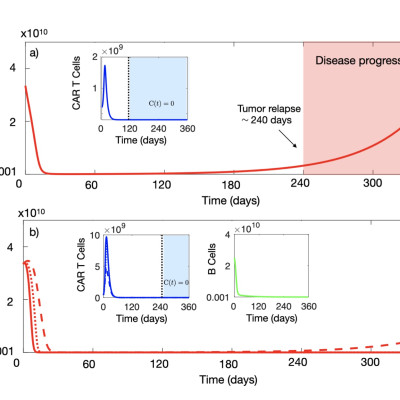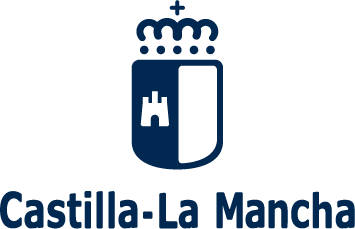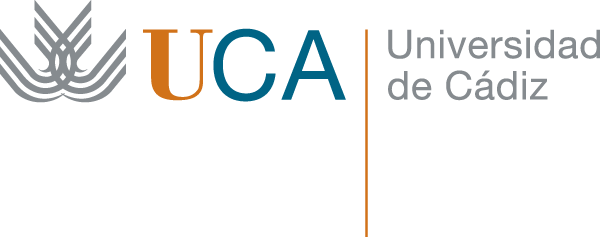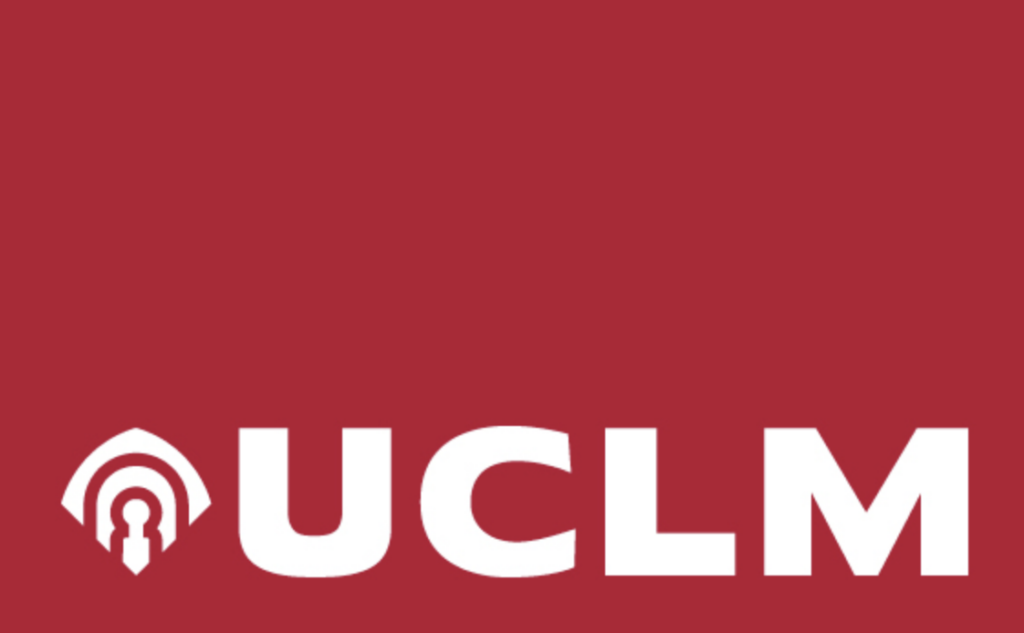Publication
Dual-Target Car-Ts With on- and off-Tumour Activity May Override Immune Suppression in Solid Cancers: A Mathematical Proof of Concept
O. León-Triana, A. Pérez-Martínez, M. Ramírez-Orellana, V.M. Pérez-García
Cancers 13, 703 (2021)
MOLAB authors
Abstract
Chimeric antigen receptor (CAR)-T cell-based therapies have achieved substantial successes against B-cell malignancies, what has led to a growing scientific and clinical interest on extending their use to solid cancers. However, results for solid tumours have been limited up to now, in part due to the immuno-suppressive tumour microenvironment, that is able to inactivate CAR-T cell clones. In this paper we put forward a mathematical model describing the competition of CAR-T and tumour cells, accounting for their immunosuppressive capabilities. Using the mathematical model, we show that the use of large numbers of CAR-T cells targeting the solid tumour antigens could overcome the cancer immunosuppressive potential. To achieve such high levels of CAR-T cells we propose and study computationaly, the manufacture and injection of CAR-T cells targeting two antigens: CD19 and a tumour-associated antigen. We study in-silico the resulting dynamics of the disease after the injection of this product and find that the expansion of the CAR-T cell population in the blood and lymphopoietic organs could lead to the massive generation of an army of CAR-T cells targetting the solid tumour, and potentially overcoming its inmune suppression capabilities. That strategy could benefit from the combination with PD-1 inhibitors and of low tumour loads. Our computational results provide a theoretical support for the treatment of different types of solid tumours using T-cells engineered with combination treatments of dual CARs with on- and off-tumour activity and anti-PD1 drugs after completion of classical cytoreductive treatments.















